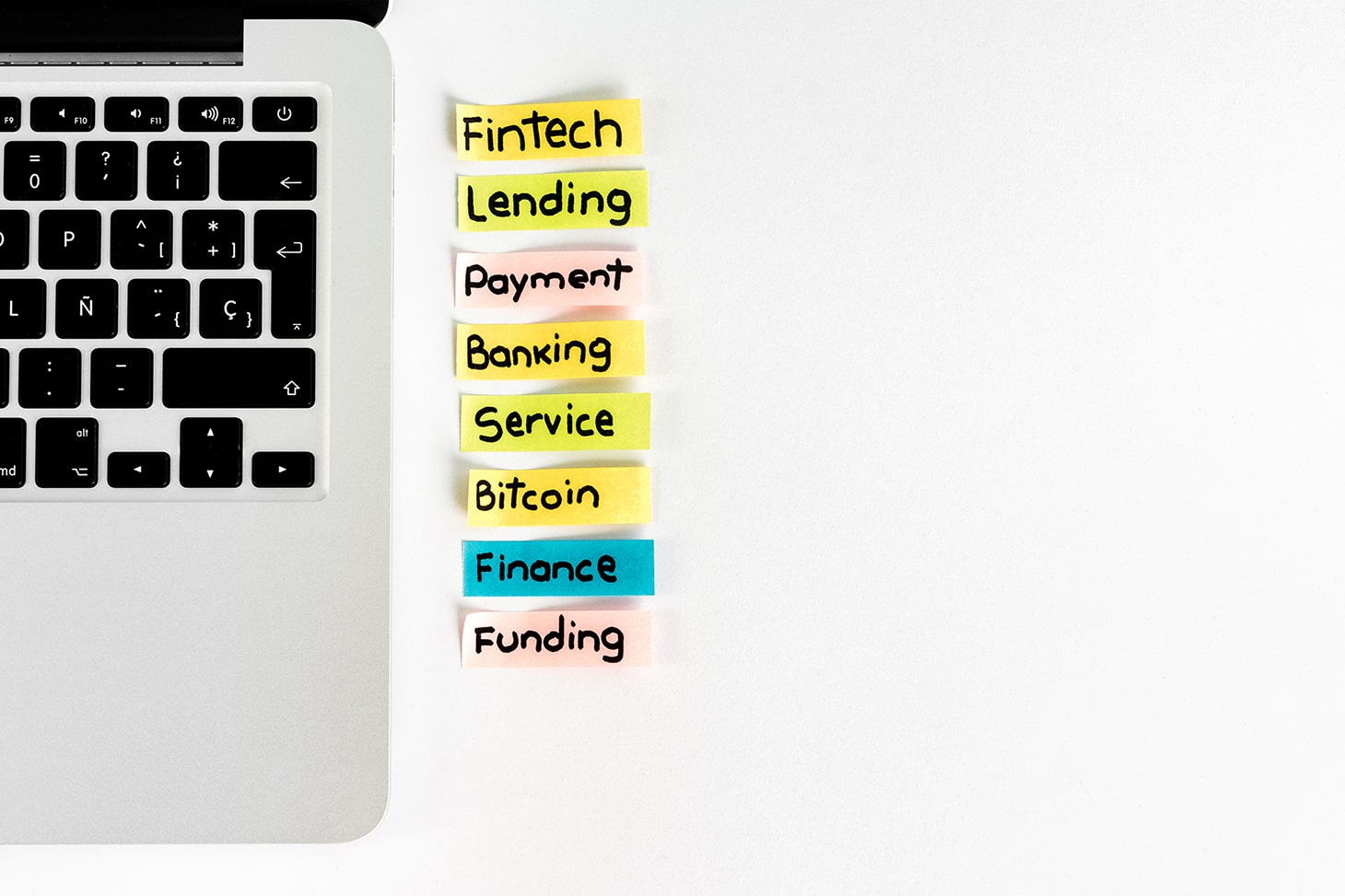Geležinio vilko g. 18A, Vilnius, LT-08104, Lithuania

There is no doubt that open banking is transforming the global financial environment, yet it is not doing it as fast as many projected. At the beginning of 2018, many were confident about the fact that the year would bring along prior unseen changes, and PSD2 was viewed as one of the main catalysts of change. The directive opened the doors to a new era of open banking and innovation. It was launched in order to facilitate collaboration between traditional banking institutions and FinTechs and giver third-parties access to the data that banks possess via APIs and developer portals. The European Commission was expecting the change to come along in a very fast and effortless manner. However, things did not go as smooth as planned. By March 2019, European banks were all required to have incorporated third-party providers that could test their functional in a simulated bank environment “sandbox”. Yet, a survey showed that only six in ten had completed the work in time. Whereas by September 2019, banks must implement dedicated APIs for third-party providers.
Challenge to find a balance
For banks it was sure intimidating to be starting a project this massive. The GDPR that was introduced back in 2018, anticipated that banks would respect its aims and collaborate easily in data sharing practices with TPPs, which are actually required by the PSD2. The aims were supposed to nurture a more profitable relationship with the customers. The European Central Bank also believed that the directive along with the number of recently-launched initiatives, such as the Target Instant Payments Settlement (TIPS), were highly important for future maintenance of a sound competitive banking environment in Europe. TIPS had an ambition to become a widely-used pan-European fast bank-to-bank payment network. However, months after it had been launched, banks were still reluctant in “buying the idea”. For instance, it might sound surprising, but Facebook was quite fast in beginning the talks about its Messenger P2P payment service. Messenger was launched not that long ago, but the ambitious plans remained a dream and never turned unto anything bigger.
European customers are now satisfied with products and services that have an increased value proposition thanks to the cooperation between banking institutions and FinTechs. However, they are becoming increasingly aware of the fact that their data is being shared with third-party providers and perceive this with a degree of cautiousness. This reluctance is slowing down the development process, as the banks are still working on creating available and quality APIs.
In any case, it is projected that the industry will follow the same path of consistent development as the insurance sector took. The need to grow and develop in order to remain more competitive is now strongly felt by all participants. The revolution might take longer than it was expected, but it is sure in progress.